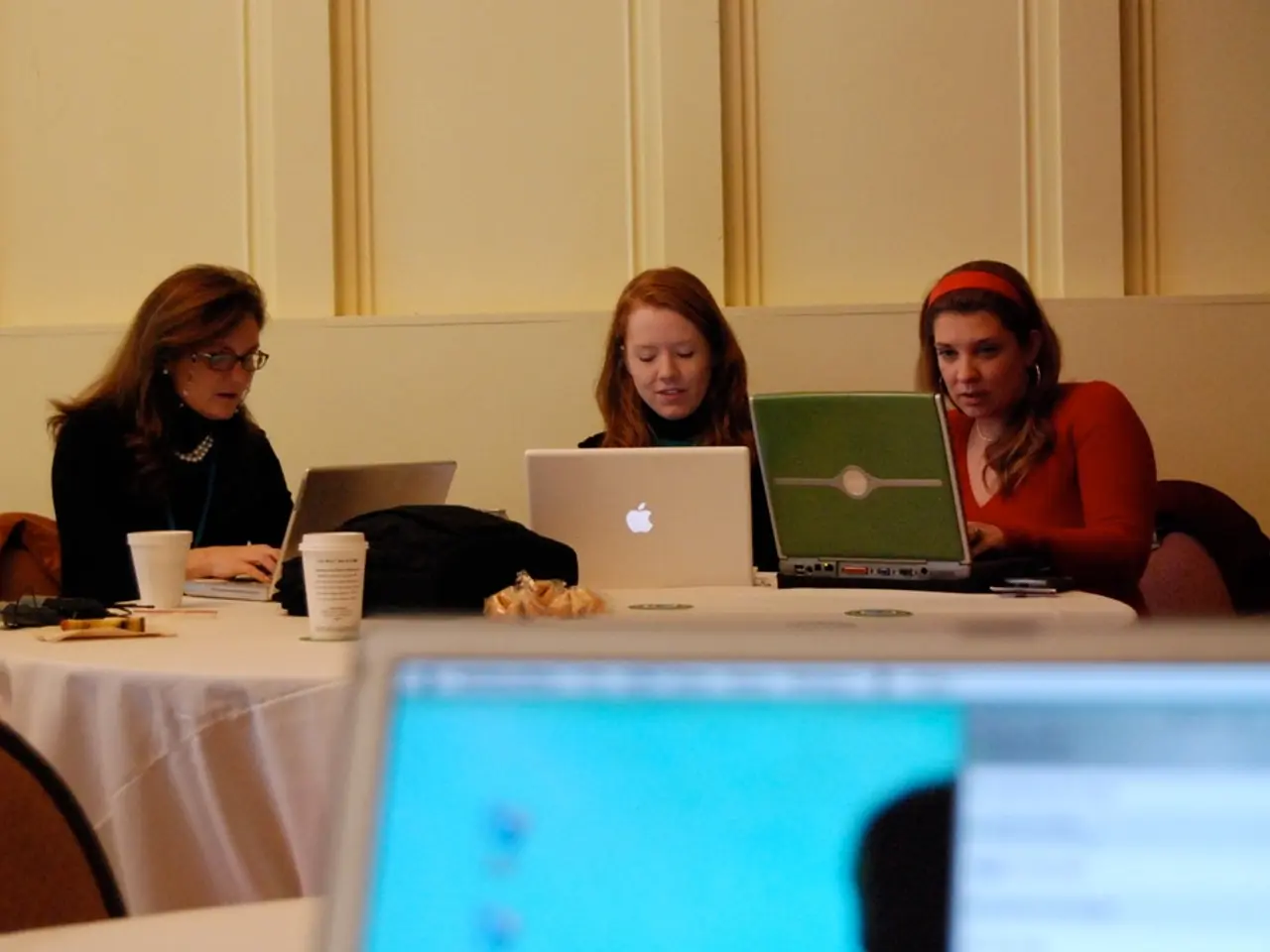Over half of the surveyed population still choose to work on holidays
Stefanie Bickert, a labor market expert at Indeed, has offered some valuable advice for employees looking to effectively disconnect from work during their vacations. According to Bickert, taking a break from work is crucial for relaxation during vacation, and turning off work phones or laptops can be extremely helpful.
Bickert suggests setting clear boundaries by informing colleagues and supervisors in advance about vacation dates and availability, so they know not to expect immediate responses. She also recommends disabling email and work-related app notifications on phones and other devices to avoid the temptation to check in.
Before leaving, Bickert advises employees to delegate urgent tasks to colleagues to ensure continuity and reduce stress about unfinished work. Clarifying during the handover who should be contacted in one's absence for specific issues is another important step. Lastly, Bickert recommends completing prioritized tasks before the vacation to lessen the workload upon return.
Physical and social activities, such as a bike tour or a walk, also contribute significantly to the feeling of relaxation during vacation, according to Bickert. She implies that a day on the couch may not provide as much relaxation in the long run as physical and social activities during vacation.
However, it's worth noting that only about one-third (35.7%) of respondents returned to work feeling truly rested from their last vacation, according to a recent survey. Approximately one-quarter (23.9%) of employees felt guilty towards their colleagues for not working during their vacation, and about half (48.7%) of employees were directly contacted while on vacation.
A significant number of respondents (29.1%) had no functioning substitute arrangement, and more than 57% of Germans work occasionally or regularly during their vacations. Some employees handled work-related matters during their vacation out of personal interest (29.6%).
The Federal Vacation Act states that employees may not engage in any gainful activity that contradicts the purpose of the vacation. Bickert does not mention the percentage of respondents who felt only partially rested or not rested at all after their last vacation, nor the percentage of employees who were directly contacted while on vacation, felt guilty towards their colleagues for not working during their vacation, had no functioning substitute arrangement, or handled work-related matters during their vacation out of personal interest.
By implementing these steps, employees can better unplug from work, recharge, and enjoy a truly restorative vacation.
In the context of vacations, Stefanie Bickert suggests that employees should take necessary steps to disconnect from work, such as informing colleagues about vacation dates, disabling work-related notifications, and delegating tasks to colleagues before leaving. Additionally, Bickert encourages employees to pursue physical and social activities during vacations to foster feelings of relaxation, as opposed to spending the entire vacation lounging on the couch.

![Autonomous Tesla Vehicles Demonstrated Navigating London's City Streets on Camera [VIDEO]](/en/content/images/size/w1280/format/webp/20250731155939_tesla-s-full-self-driving-system.jpeg)


